According to the Vietnam Real Estate Market Report for the second quarter of 2025, Savills Vietnam said: In Ho Chi Minh City, demand from technology, finance, banking, insurance and education businesses continues to be the driving force to maintain market stability. The occupancy rate is currently at 88%, while the average rental price is recorded at VND843,000/m2/month, showing a stable trend in the context of limited new supply.
Meanwhile, the Hanoi office market showed stability in the face of global uncertainties. Total supply reached about 2.28 million square meters of leasable floor space from 193 projects; of which the inner city and the western area accounted for a large proportion, while the central business district (CBD) continued to lack supply of class A offices.
New high-quality projects outside the CBD have attracted strong interest from tenants, especially recently completed Grade A buildings with more reasonable costs. Leasing activity is mainly driven by relocation and expansion needs, reflecting the trend of moving to more cost-effective non-CBD areas. The market remains stable with average rents of around VND564,000/m2/month and occupancy rates of 83%.
Similarly, research by Avison Young Vietnam Company shows that in the second quarter of 2025, in Ho Chi Minh City, new projects Betrimex Tower and Yteco Office Tower will come into operation, adding 15,200 m2 to the market. Meanwhile, demand for high-end space remains stable. Changes in working models and the expected increase in supply from the second half of 2025 will impact the market in the coming time.
Regarding the Hanoi office market, Mr. Pham Minh Tuan, Director of Hanoi Branch, Avison Young Vietnam, commented: The Hanoi office market is recording an increasing growth rate in non-central areas. This reflects the trend of restructuring the working model, combining cost savings with modern, environmentally friendly space standards. Hanoi also recorded strong interest from businesses in the fields of finance, insurance, and information technology.
According to Savills Vietnam, both markets are witnessing the transformation of offices from traditional workspaces to strategic platforms for long-term connectivity, innovation and human resource development. In Ho Chi Minh City, green-certified offices are becoming the norm in the Grade A segment.
As of Q2/2025, 73% of Grade A supply has achieved green certification (LEED, EDGE, BCA), including all new projects in the past 3 years. Green-certified office buildings have rents up to 10% higher thanks to optimal operating costs and high efficiency. Multinational corporations are increasingly prioritizing green office space to meet ESG goals.
Similarly, in Hanoi, as of the second quarter of 2025, 41% of Grade A office space and 4% of Grade B have achieved green building certification, showing growing interest in sustainability from both investors and tenants.
By the end of 2025, it is expected that there will be three more Grade A office projects achieving LEED certification, contributing to expanding the supply of green offices and promoting the transition to a more sustainable commercial real estate market in Hanoi.
“This green rent is expected to continue to increase in the future, as regulations become stricter, corporate ESG standards are applied more widely and “greenwashing” activities are more closely monitored. At the same time, the concept of “brown discounts”, which means reducing rents for unsustainable buildings, is also emerging as a counter-trend to green rents,” said experts from Savills Vietnam.
Source: https://doanhnghiepvn.vn/kinh-te/thi-truong-van-phong-phuc-hoi-tich-cuc-van-phong-xanh-len-ngoi/20250726101640872




![[Photo] Chu Noodles - the essence of rice and sunshine](https://vphoto.vietnam.vn/thumb/1200x675/vietnam/resource/IMAGE/2025/11/11/1762846220477_ndo_tl_7-jpg.webp)
![[Photo] Prime Minister Pham Minh Chinh chairs a meeting on housing policy and the real estate market.](https://vphoto.vietnam.vn/thumb/1200x675/vietnam/resource/IMAGE/2025/11/11/1762838719858_dsc-2107-jpg.webp)









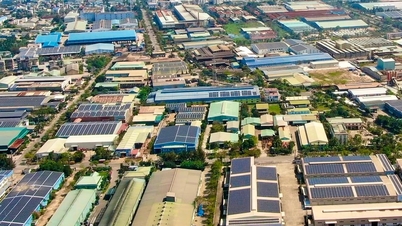




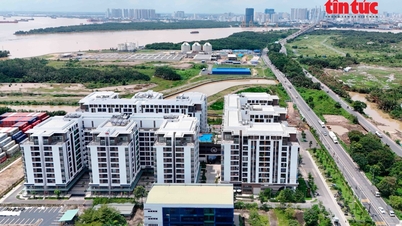
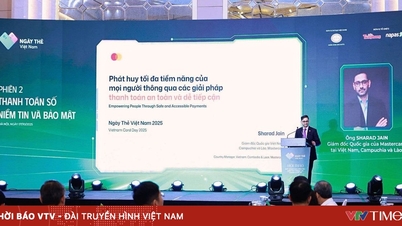

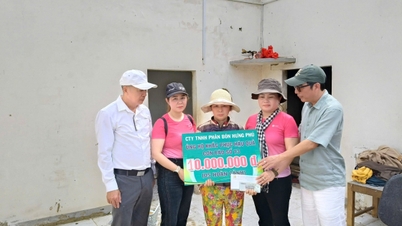

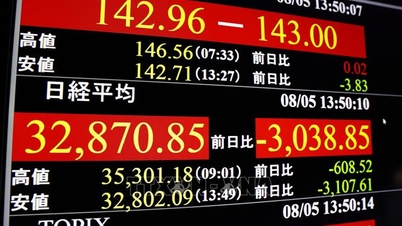






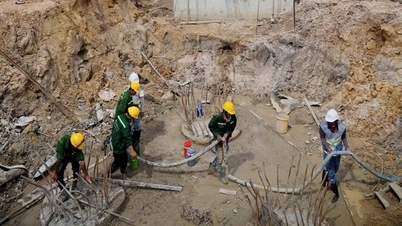


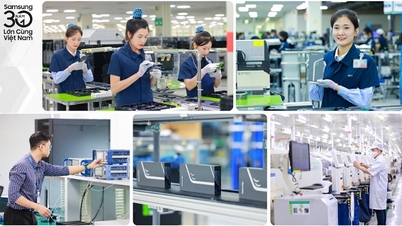

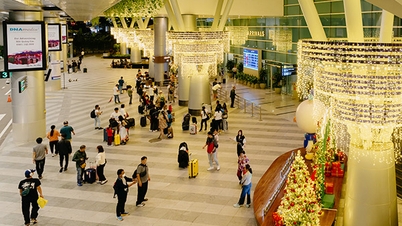























































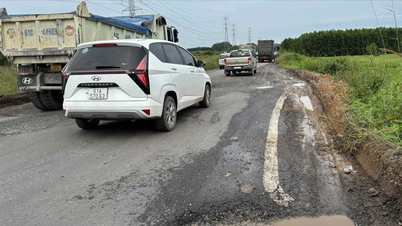










![Dong Nai OCOP transformation: [Article 4] Reaching national standard products](https://vphoto.vietnam.vn/thumb/402x226/vietnam/resource/IMAGE/2025/11/11/1762825820379_4702-cac-san-pham-trai-cay-chung-nhan-ocop-nongnghiep-174649.jpeg)


![Dong Nai OCOP transition: [Article 3] Linking tourism with OCOP product consumption](https://vphoto.vietnam.vn/thumb/402x226/vietnam/resource/IMAGE/2025/11/10/1762739199309_1324-2740-7_n-162543_981.jpeg)






Comment (0)